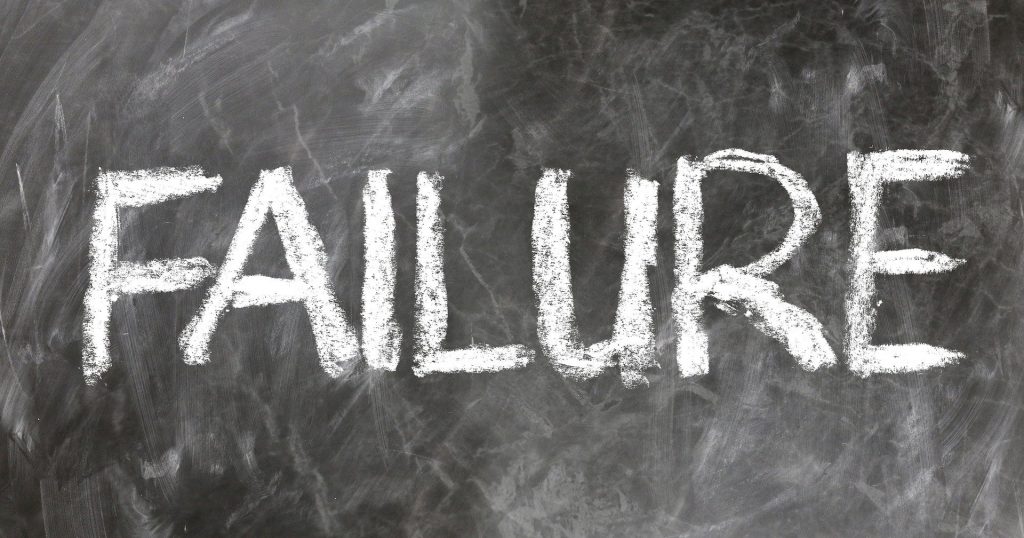Default is a term used when the borrower fails to pay off the mortgage, interests, and applicable charges. The term can be applied when the debtors fail to make timely payments or completely stop making payments.
Consequences of defaults
It is possible to default and this happens all the time. Usually, defaults occur because of financial difficulties on the borrowers’ side. When this happens, the lender will report all defaulted loans and mortgages to credit bureaus. The following are some of the consequences of defaulted mortgages and loans.
- The entire unpaid mortgage and its interests and charges will be due immediately
- Legal action can be taken against the debtor
- A collection agency can be used to collect the remaining balance
- The borrower could end up in a bankruptcy
- The debtor could lose future loans and mortgage rights
- Your state and federal tax refund could be held and used to pay off some of your mortgage outstanding balance
- You could lose your professional license
- Some of your salaries could be held and used to pay off your mortgage
- Your credit score will be reduced to ashes. You can easily lose 170 points and you will have a derogatory mark in your report for up to 7 years.
- The lender will likely lose money on the property
How to avoid default?
There are always alternatives that could be used to benefit borrowers. The most important one is to work with lenders. Keeping your lender updated with your financial situations could open up new negotiation terms.
For example, if you have an outstanding mortgage on your house; you could short sale it as long as your lender agrees with you. A short sale is not the best solution. However, it is much better than a foreclosure that could follow a defaulted mortgage.
Going through a short sale process shows lenders that at least you are willing to work with them and taking responsibilities.
Also, you could be qualified for a loan deferment or forbearance. Furthermore, your lender could forgive you for paying the remaining mortgage balance. It all depends on how you approached the problem and the proper steps you took toward the resolution.









